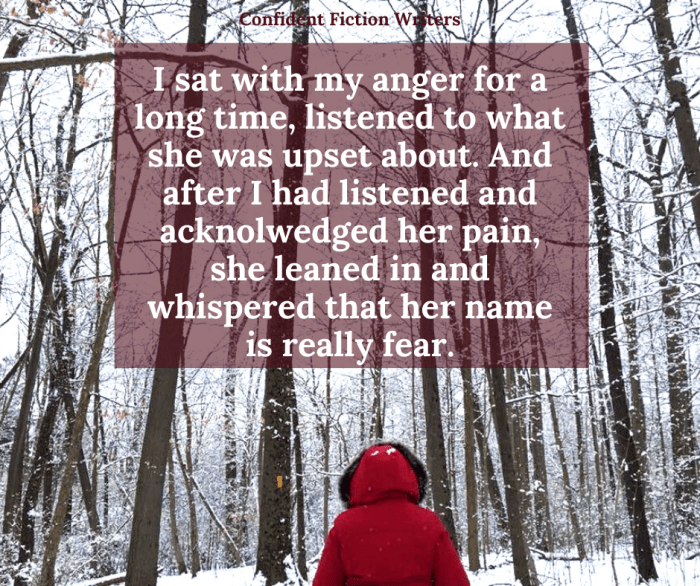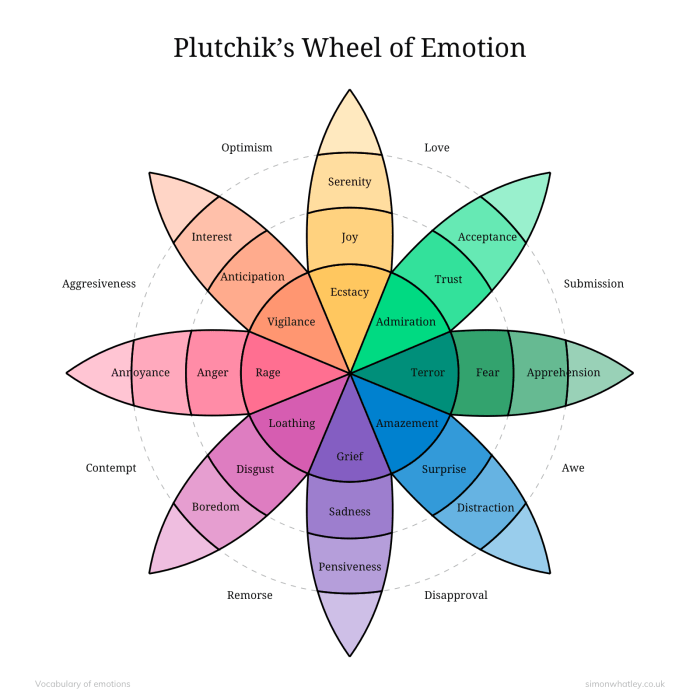Remorse is a secondary emotion composed of disgust and fear, a complex and multifaceted emotion that arises in response to perceived wrongdoing. It is a unique blend of emotions that can have profound effects on individuals and their relationships. This article explores the nature of remorse, its components, triggers, and consequences, providing a comprehensive understanding of this significant emotion.
Remorse is distinct from guilt and shame, although it is often associated with them. Guilt is a negative self-evaluation that focuses on the self as a bad person, while shame is a negative self-evaluation that focuses on the self as being unacceptable to others.
Remorse, on the other hand, is a negative evaluation of a specific behavior or action, rather than the self as a whole.
Remorse as a Secondary Emotion

Remorse is a secondary emotion, meaning it is triggered by another emotion. In this case, the primary emotion is guilt. Guilt is a negative emotion that arises when we believe we have done something wrong. Remorse is a more intense form of guilt that is accompanied by feelings of disgust and fear.Other
examples of secondary emotions include:
Shame
A feeling of worthlessness or inadequacy
Pride
A feeling of satisfaction or accomplishment
Envy
A feeling of resentment towards someone who has something you want
Gratitude
A feeling of thankfulness or appreciation
Components of Remorse
![]()
The two primary components of remorse are disgust and fear. Disgust is a feeling of revulsion or aversion. Fear is a feeling of apprehension or anxiety.In remorse, disgust is directed towards oneself. We feel disgusted by our own actions and the consequences they have caused.
Fear is directed towards the future. We are afraid of the consequences of our actions and the possibility of being punished.For example, a person who has cheated on their partner may feel remorseful. They may feel disgusted by their own actions and the pain they have caused their partner.
They may also feel fearful of the consequences of their actions, such as losing their partner or being caught.
Triggers of Remorse

There are a variety of situations or events that can trigger remorse. These include:
- Doing something that we know is wrong
- Hurting someone we care about
- Breaking a promise
- Failing to meet our own expectations
Guilt and shame can also trigger remorse. When we feel guilty or ashamed, we may start to think about our own actions and the consequences they have caused. This can lead to feelings of remorse.For example, a person who has been arrested for drunk driving may feel remorseful.
They may feel guilty for putting others at risk and ashamed of their own behavior. This guilt and shame can trigger feelings of remorse.
Expression of Remorse: Remorse Is A Secondary Emotion Composed Of Disgust And Fear

Remorse can be expressed in a variety of ways. These include:
- Verbal apologies
- Non-verbal cues, such as crying or looking away
- Acts of reparation, such as making amends to the person we have wronged
The way we express remorse will depend on the situation and the person we are expressing it to.For example, a person who has cheated on their partner may express remorse by apologizing verbally and in writing. They may also try to make amends by spending more time with their partner and being more attentive to their needs.
Consequences of Remorse
Remorse can have both positive and negative consequences. On the one hand, remorse can lead to personal growth and reconciliation. When we feel remorseful, we are more likely to take responsibility for our actions and to try to make things right.
This can lead to improved relationships and a greater sense of self-worth.On the other hand, remorse can also lead to negative consequences. If we dwell on our mistakes for too long, we may become depressed or anxious. We may also start to avoid situations that remind us of our past actions.For
example, a person who has been convicted of a crime may feel remorseful for their actions. This remorse may lead them to turn their life around and become a productive member of society. However, if they dwell on their past mistakes for too long, they may become depressed and withdrawn.
Top FAQs
What is the difference between remorse and guilt?
Remorse is a negative evaluation of a specific behavior or action, while guilt is a negative self-evaluation that focuses on the self as a bad person.
What are the triggers of remorse?
Remorse can be triggered by a variety of situations or events that involve perceived wrongdoing, such as causing harm to others, violating moral or ethical standards, or failing to meet expectations.
What are the positive consequences of remorse?
Remorse can lead to personal growth and reconciliation by motivating individuals to take responsibility for their actions, make amends, and avoid similar behaviors in the future.